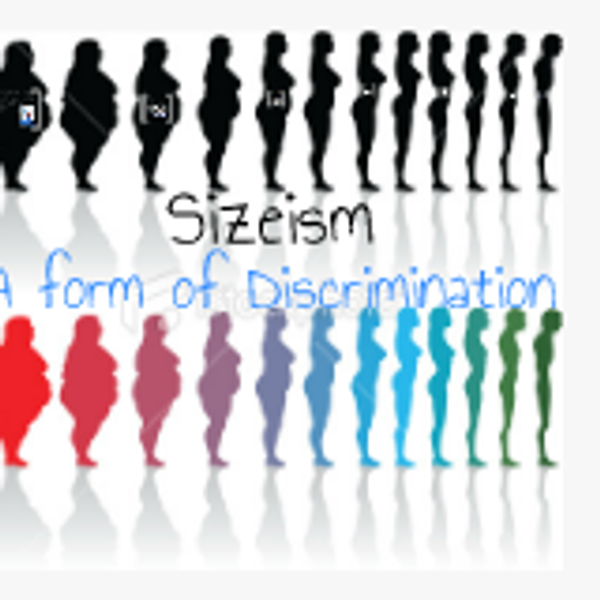A recently published New York Times article, “How Restricting Food Stamp Choices Can Fight Obesity” addresses a possible correlation between the food stamps supplied by The Supplemental Nutrition Association Program (SNAP) and weight issues. The article describes when underprivileged individuals have limitations on the types of food they can purchase, they tend to eat fewer calories throughout the day. Some argue that this study suggests permanent restrictions ought to be made to the food stamp program in effort to reduce obesity among less affluent people. Although the amount of calories one consumes is an integral part of weight management, there are many other factors that influence an individual’s health. Just because obesity is more prominent in America than ever before does not mean the rising in fast food chains and processed food are the only perpetrators.
First, there are many factors that influence one’s weight including quantity of food, quality of food, amount of exercise, transportation, sleep, stress, income, genes, natural and built geography, and other lifestyle choices. Unfortunately, people who tend to live in under resourced areas tend to be at a predisposition to weight gain due to some of the factors above. For instance, in an urban development, one might have less access to parks or open space for exercise due to their built environment. Also, individuals who work obscure hours will likely have irregular sleep patterns, causing them fatigue and a higher sensitivity to stress- both of which can cause weight gain. Additionally, if one’s peers tend to socialize around certain types of processed foods, that could cause them to overconsume unhealthy options. It is clear that there are many factors that influence weight and also better ways to promote wellness without creating restrictions on the types of food people can buy.
Education is a huge part of ensuring individuals are making healthy choices. It is important that educational resources are given so people can understand the benefits and side effects of their lifestyle choices. Additionally, it is important that communities come together and promote health, exercise and wellness. For instance, building community gardens are a great way for folks to get involved, gain access to fresh foods and get moving. Another great community improvement would be to ensure all neighborhoods have access to grocery stores with a variety of reasonably priced, good food.
Although making restrictions on food stamp purchases resulted in a slight decrease in daily calories consumed, this is not the solution to reducing obesity. It is important that individuals are able to make favorable health-related decisions on their own, but without education and resources, how can one be expected to understand the significant long term effects of their everyday decisions? Also, if restrictions are the only factor driving healthy decisions, what will happen if or when a person stops using food stamps? Will they continue to buy the same foods as before, or revert to old habits? With better health education, and community and government support initiatives to promote exercise and a more balanced lifestyle, people will inevitably create healthier habits that are suitable for themselves.




















